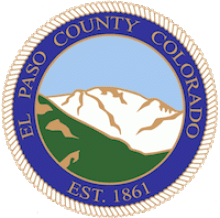As Fall Approaches, So Do Colorado Referendums to Reclaim Local Authority
Local fall referendums are still a few months away, but at least four additional Colorado communities have decided to put local broadband authority on the ballot. In addition to Aurora, Cañon City, and Florence, Fremont County will ask voters to opt out of SB 152.
In 2005, Colorado's state legislature passed the bill, removing local communities' authority to take steps to use publicly owned infrastructure to offer telecommunications services either directly or with a private sector partner. The law, however, allows communities to hold a referendum so voters can choose to "opt out" as a way to reclaim that authority. Over the past several years, cities, towns, and counties by the dozen have overwhelmingly passed measures to opt out. Some have a specific plan in place to develop networks, while others want to preserve the option. Each fall and spring, more communities put the issue on the ballot.
Florence
We spoke with City Clerk Dena Lozano in the small town of Florence who confirmed that voters there will be deciding the issue in November. With less than 3,900 people in Florence, almost 40 percent of residents work in either education or public administration. The town began as a transportation center at the base of the Rocky Mountains; three railroads that transported coal converged there. Later, the town became known as the first oil center west of the Mississippi.
Today, the town has a downtown antique market and has worked on nurturing its culinary dictrict. They've also established an Urban Renewal Authority to help keep their town center on a positive track. Within their 2017 Master Plan, Florence leaders tackle their wish to allow the art and business communities to grow while still maintaining the small town charm that keeps many residents in Florence.
Cañon City




